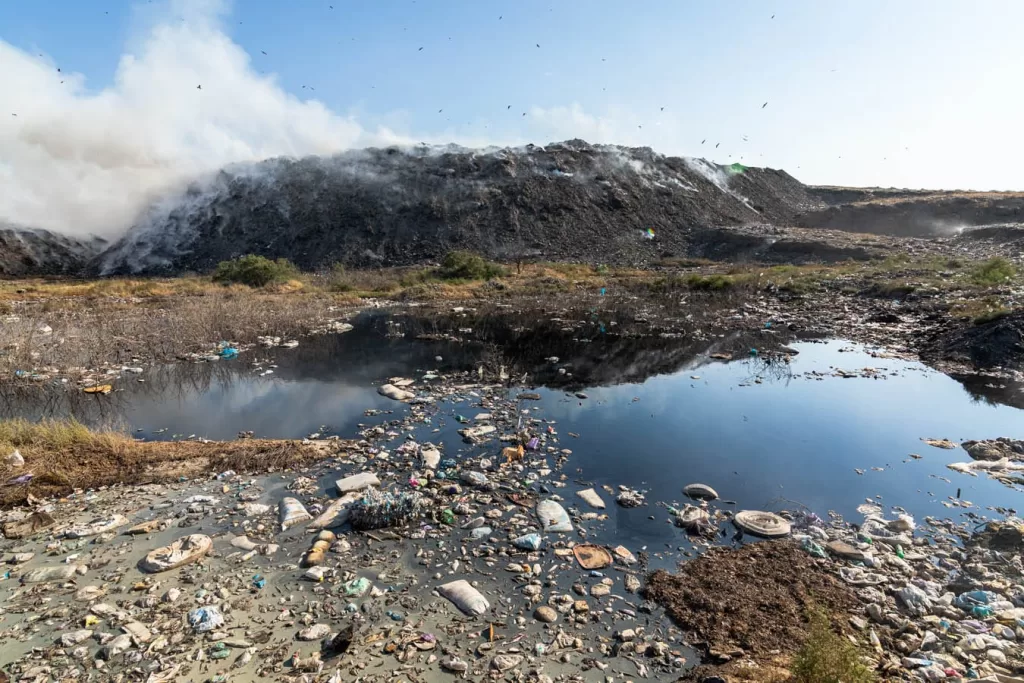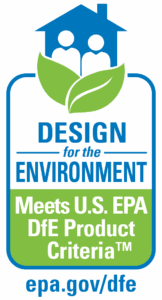EPA/DfE recognition does not constitute endorsement of our products. The Design for the Environment logo signifies that the formulas for our products, as we have represented to the EPA, contain ingredients with more positive health and environmental characteristics than conventional products. EPA/DfE relies solely on our integrity and good faith for information on the composition, ingredients, and attributes of our products. EPA/DfE has not independently identified, i.e., via chemical analysis, the ingredients in our products, nor evaluated any of the non-ingredient claims we have made. EPA/DfE expresses its judgment and professional opinion only as to the environmental and human health characteristics of our products, based on currently available information and scientific understanding.
Solterra™ is the only complete line of cleaning, remediation and odor elimination products to be recognized for safer chemistry by the EPA’s Design for the Environment (DfE) program. Solterra™ products were found worthy of recognition after passing a rigorous third party toxicology review and an EPA scientific review. For the DfE label, Solterra™ partners with the EPA to maintain the highest standards of product safety.
What is the Design for Environment Program?
Design for the Environment (DfE) works with environmental organizations and industry to protect human health and promote sustainable chemistry. DfE’s Safer Product Labeling Program helps to protect families and the environment by distinguishing household cleaning products, like soaps, detergents, and cleaners that are safer for people and the planet. The EPA’s scientific team rigorously evaluates each product for its impact on both human and environmental health.
What Does the DfE Label Mean?
EPA allows safe products to carry the Design for the Environment (DfE) label. When products carry the DfE label it means a scientific review team has screened each ingredient for potential human health and environmental effects and that—based on currently available information, EPA predictive models, and expert judgment—the product contains only those ingredients that pose the least concern among chemicals in their class.
Questions? Contact Tim Ross at 972-247-1556 or tross@rpsenvironmental.com


 One of the first North American technologies to receive EPA’s DfE Approval
One of the first North American technologies to receive EPA’s DfE Approval